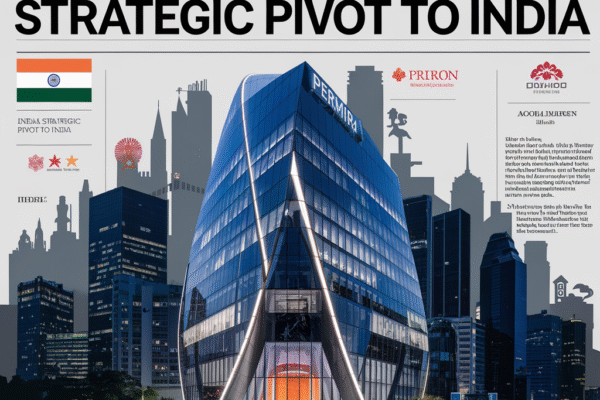Kroger Files for Injunction Against FTC’s Administrative Challenge to Albertsons Deal – Key Highlights
- Kroger seeks an injunction to block the FTC’s efforts to prevent its $24.6 billion acquisition of Albertsons Companies.
- The FTC alleges the merger would reduce competition, potentially leading to higher grocery prices and lower quality products.
- Kroger argues the FTC’s case is flawed, citing competition from non-traditional grocery retailers like Costco and Amazon.
- The outcome could set a precedent for future mergers and acquisitions in the highly competitive grocery industry.
Unpacking the Regulatory Scrutiny: FTC’s Antitrust Concerns
The FTC’s challenge to the Kroger-Albertsons merger stems from concerns over potential anticompetitive effects. According to the commission, the merger would eliminate fierce competition between the two grocery giants, leading to higher prices and reduced product quality for consumers. Additionally, the FTC argues that the consolidation would diminish the incentive for Kroger and Albertsons to compete on quality and narrow consumer choices for where to shop for groceries.
The FTC’s stance aligns with its historical approach to scrutinizing mergers in the grocery sector. As a Bain & Company report notes, the commission has blocked several large grocery mergers in recent years, citing concerns over market concentration and potential price increases. This regulatory vigilance underscores the FTC’s commitment to preserving competition and safeguarding consumer welfare.
Kroger’s Counterarguments: Redefining the Competitive Landscape
In its bid for an injunction, Kroger has mounted a robust defense against the FTC’s allegations. The company argues that the commission’s case is flawed and fails to account for the realities of the modern grocery market. Kroger contends that it faces intense competition not only from traditional supermarket chains but also from non-traditional retailers like Costco, Walmart, Target, and e-commerce giants like Amazon.
Furthermore, Kroger has proposed a divestiture plan to address antitrust concerns. The company argues that C&S Wholesale Grocers, the proposed buyer of divested assets, is financially strong enough to be a vigorous competitor in the markets where Kroger and Albertsons currently overlap. This strategy aligns with legal precedents where companies have navigated regulatory hurdles by offering concessions and divestitures.
Historical Perspective: Lessons from Past Merger Challenges
The grocery industry has witnessed its fair share of merger challenges and regulatory scrutiny. The Safeway-Albertsons merger, for instance, faced similar antitrust concerns but ultimately received approval after agreeing to divestitures. According to a BCG report, historical data suggests that while mergers in the grocery sector often face resistance from regulators, they can still be approved if companies can demonstrate that they will not harm competition.
The Ahold-Delhaize merger also provides a relevant precedent. In that case, the companies were able to secure regulatory approval by addressing antitrust concerns through strategic divestitures. These examples underscore the





